Six days ago, John Elway made it clear what kind of head coach he wanted.
The person hired by the Broncos' executive vice president and general manager would be one who knew the path to a world championship. And in the years when the Broncos fell short, that coach would ensure the Broncos went out spitting fire and belching smoke, or, as Elway himself said, they'd go "kicking and screaming." qualities Elway believed the team lacked in its last two playoff losses.
But how do you find a coach that fits that bill?
First of all, you understand that the path to a championship can be taken as an assistant, learning lessons that you apply to when the coach calls the big corner office his working home. And then you know that creating a fiery team does not necessarily mean showing over-the-top histrionics. It's about drawing the fire from the players, which doesn't necessarily take raising one's voice -- and isn't something that happens only when the cameras roll.
And that led Elway to his former teammate, training-camp roommate, and, eventually, his former offensive coordinator. Gary Kubiak, a Broncos backup quarterback for nine seasons (1983-91) and their offensive coordinator for 11 more (1995-2005) has been all those things with Elway. Nearly 32 years after the two men met, he adds "head coach" to their professional relationship after agreeing to a four-year contract.
Check out photos of new Broncos Head Coach Gary Kubiak.

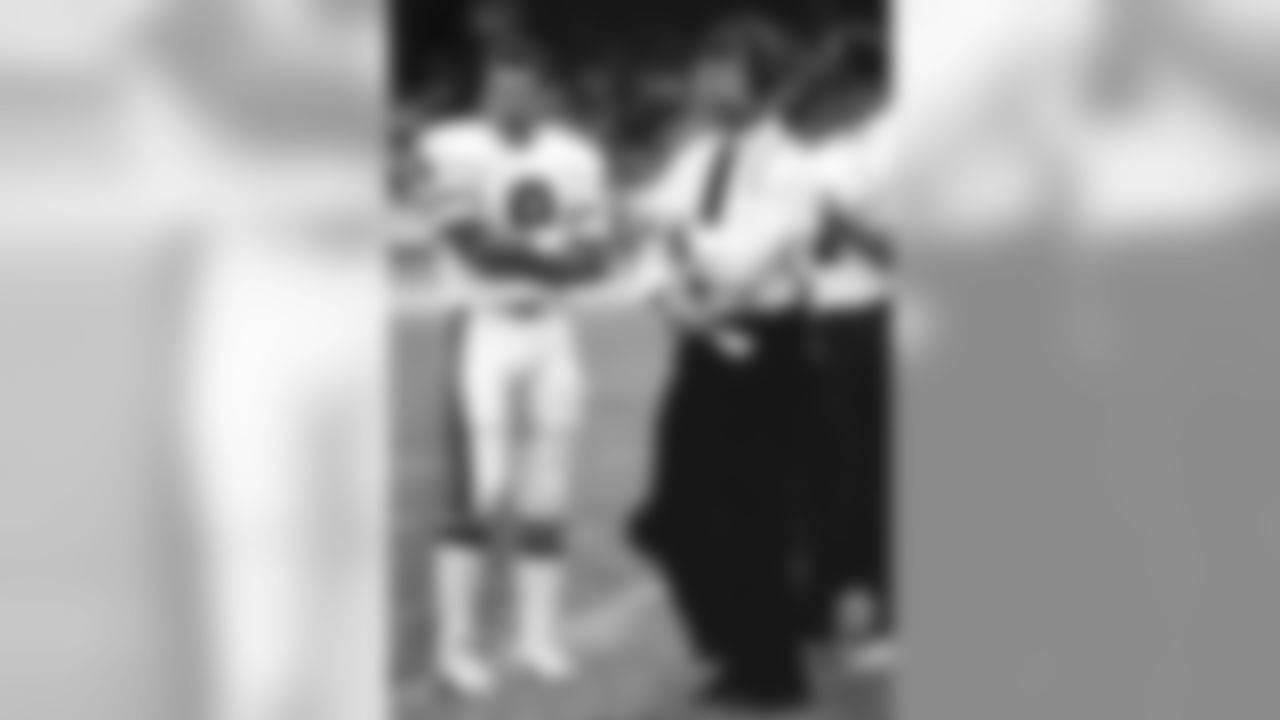

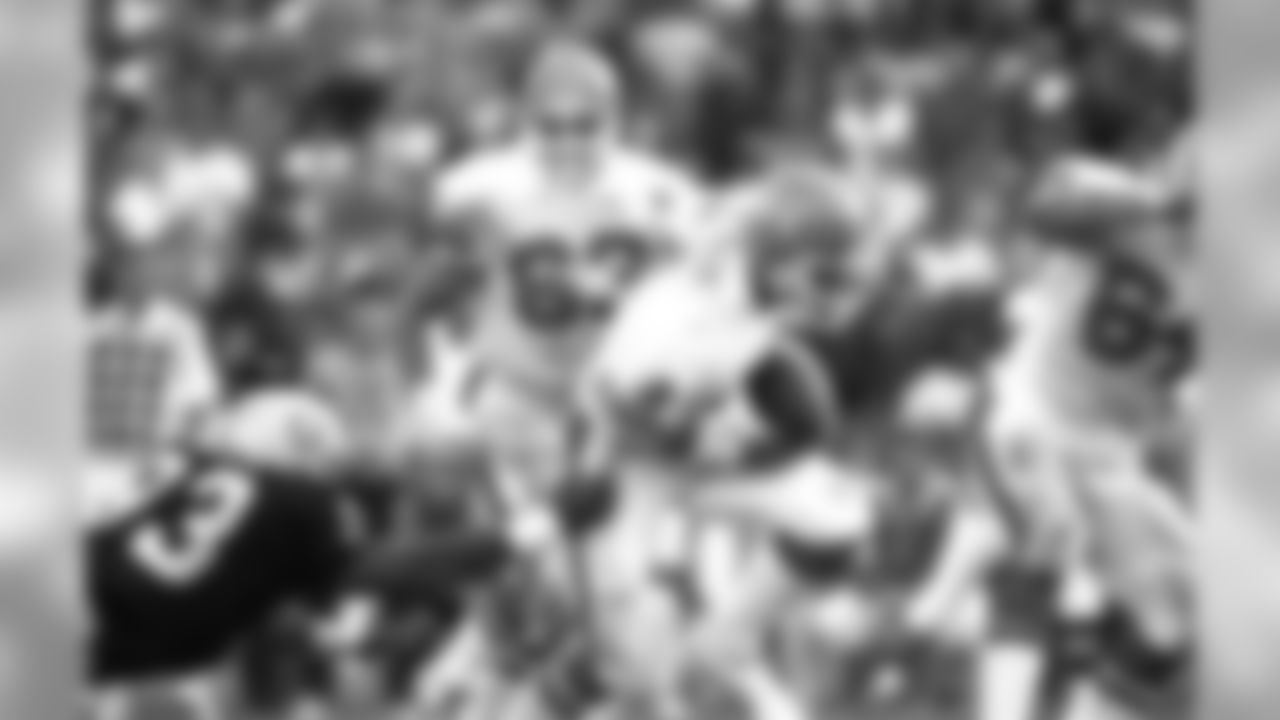
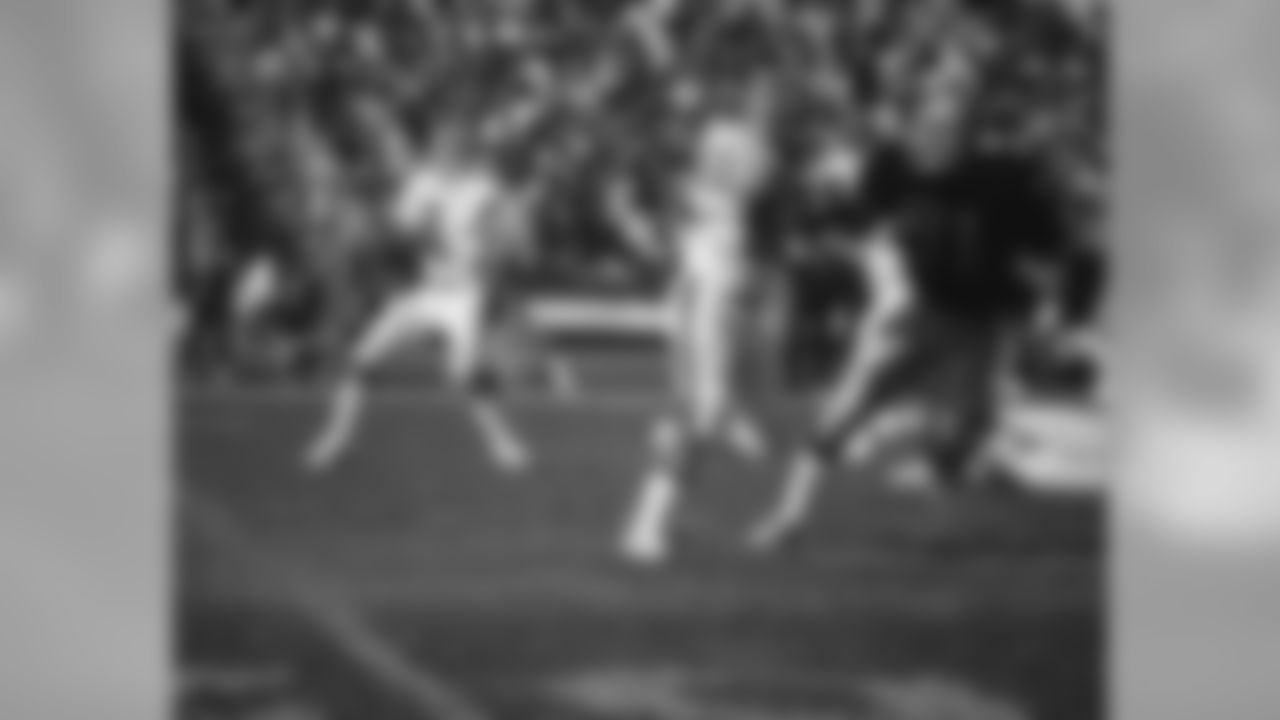
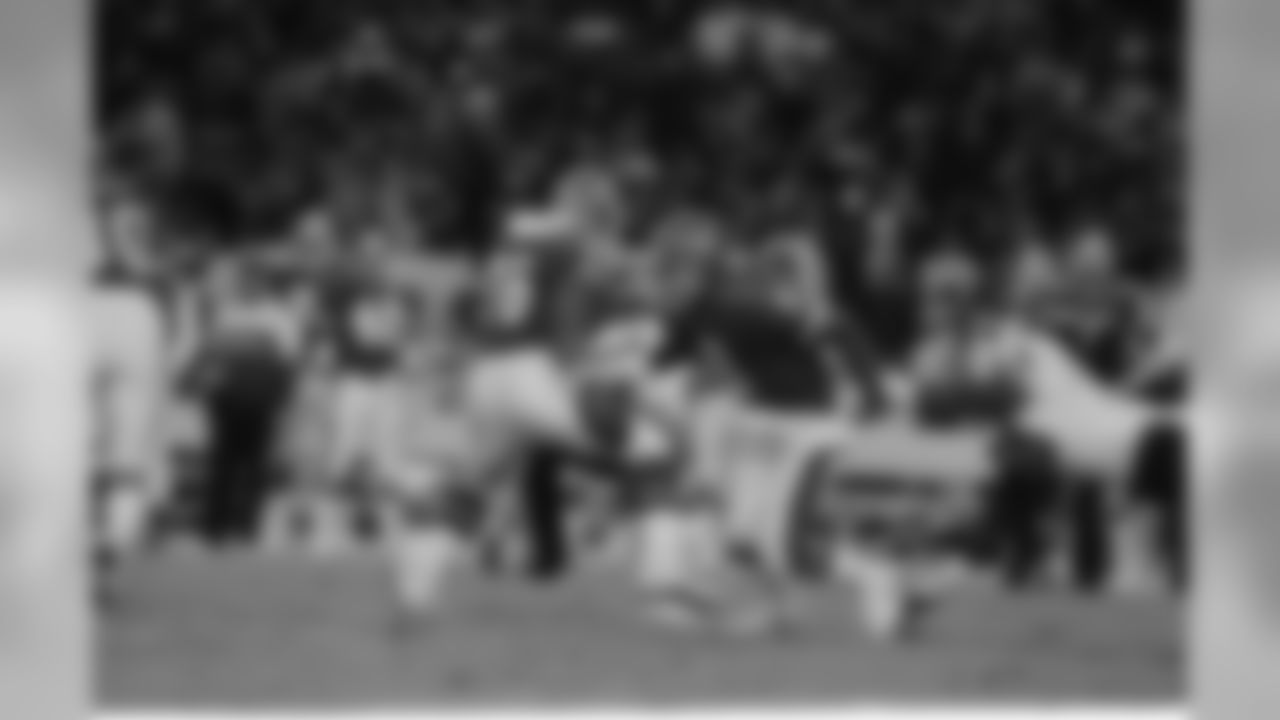



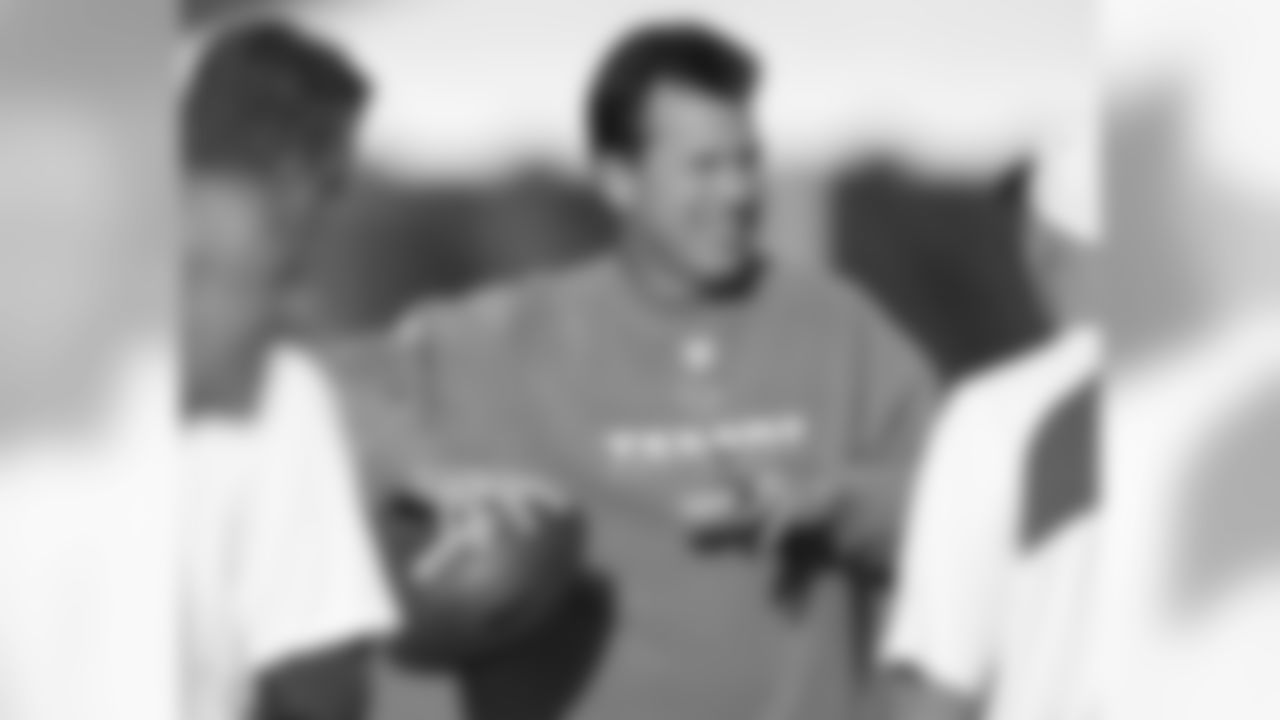
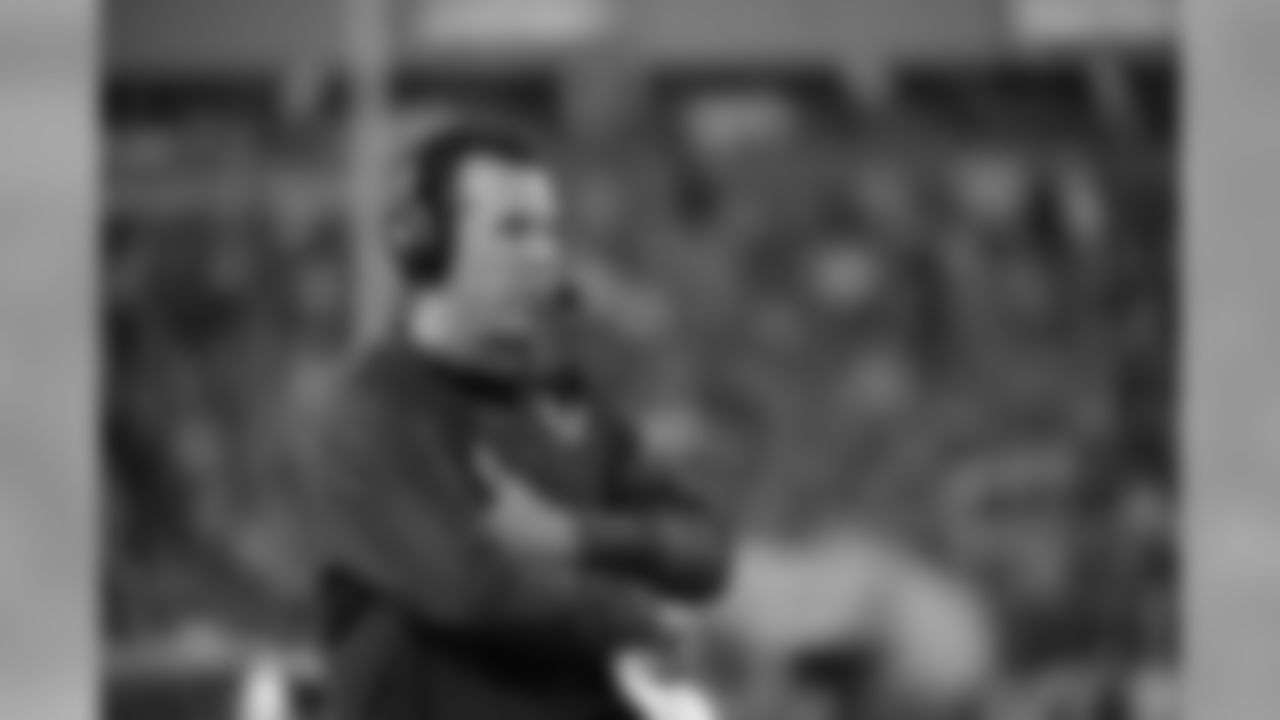



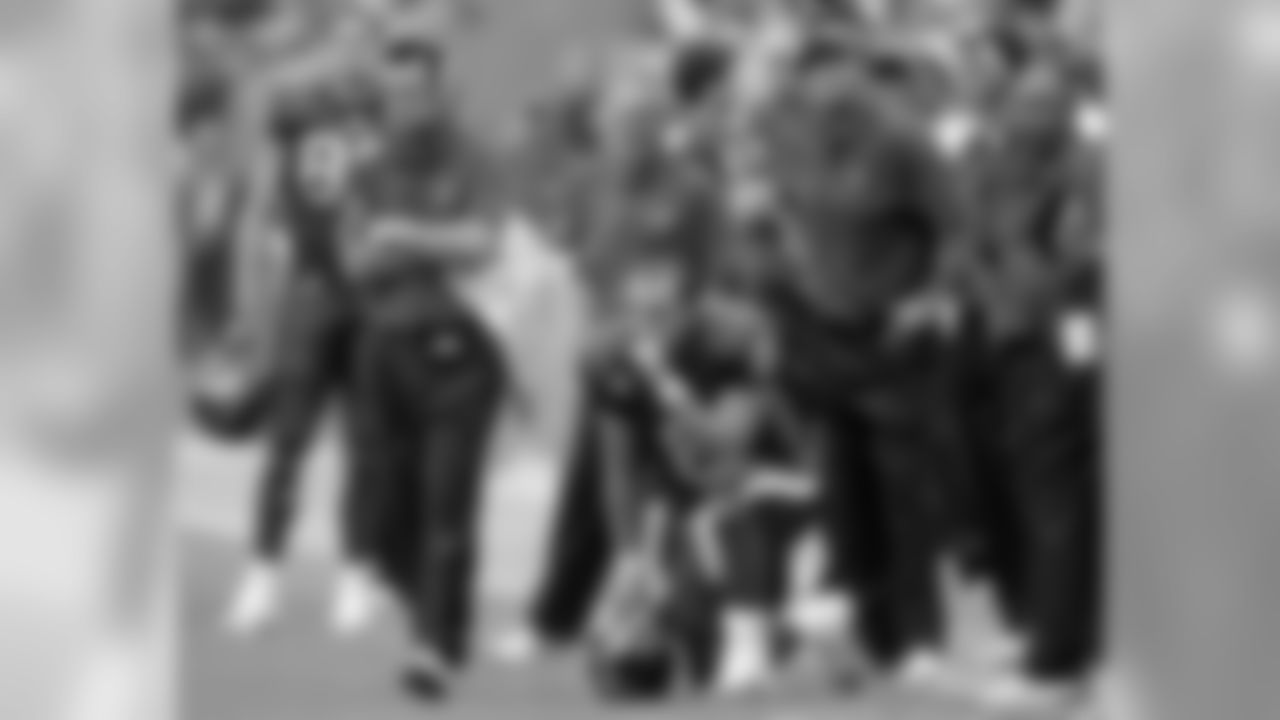

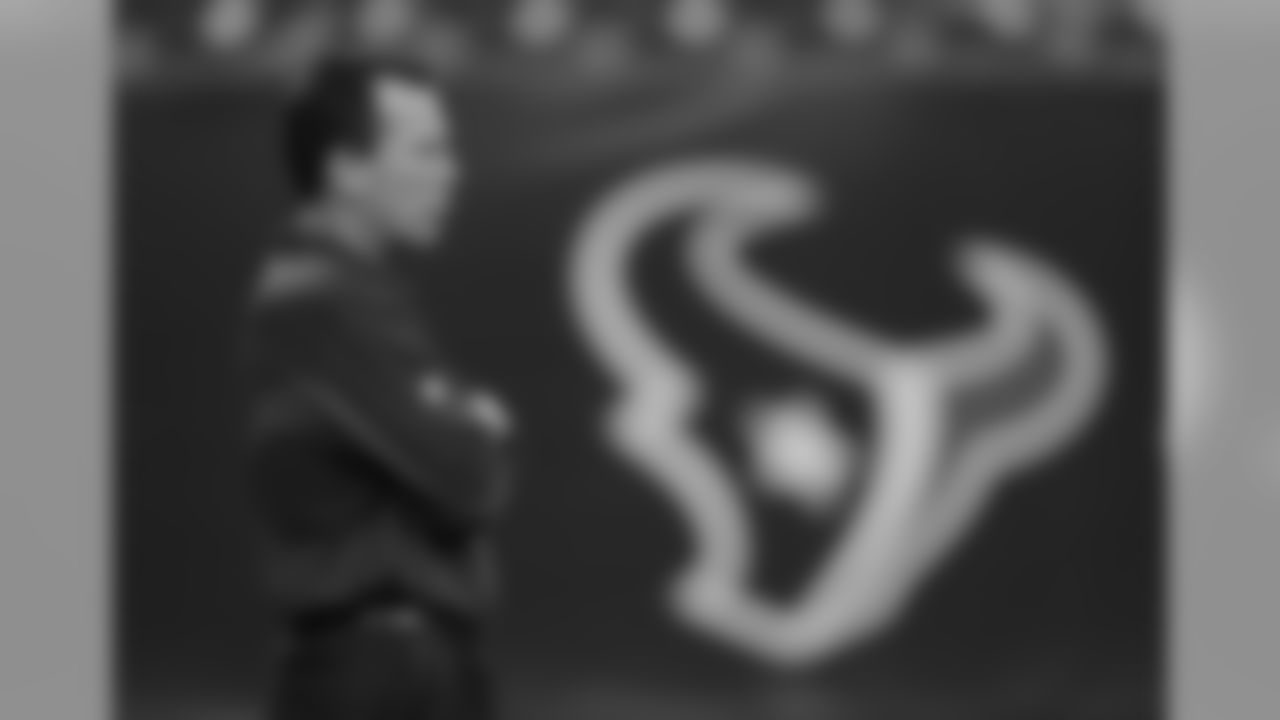
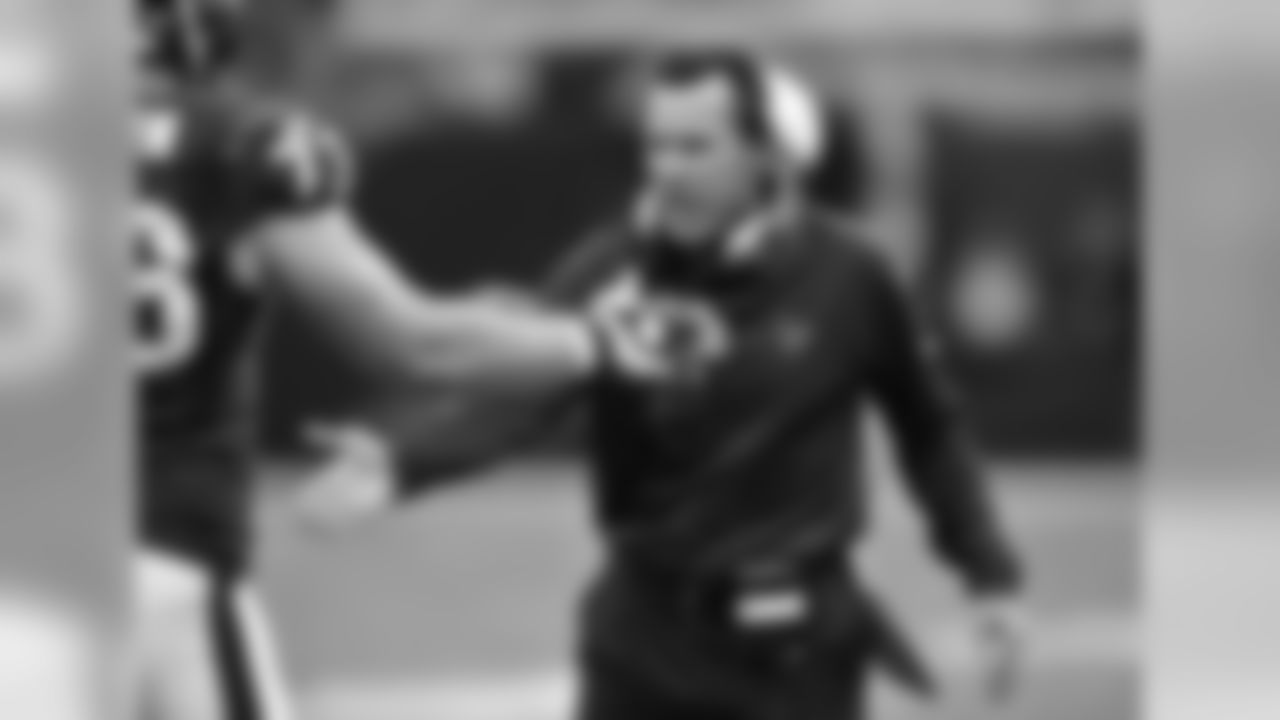
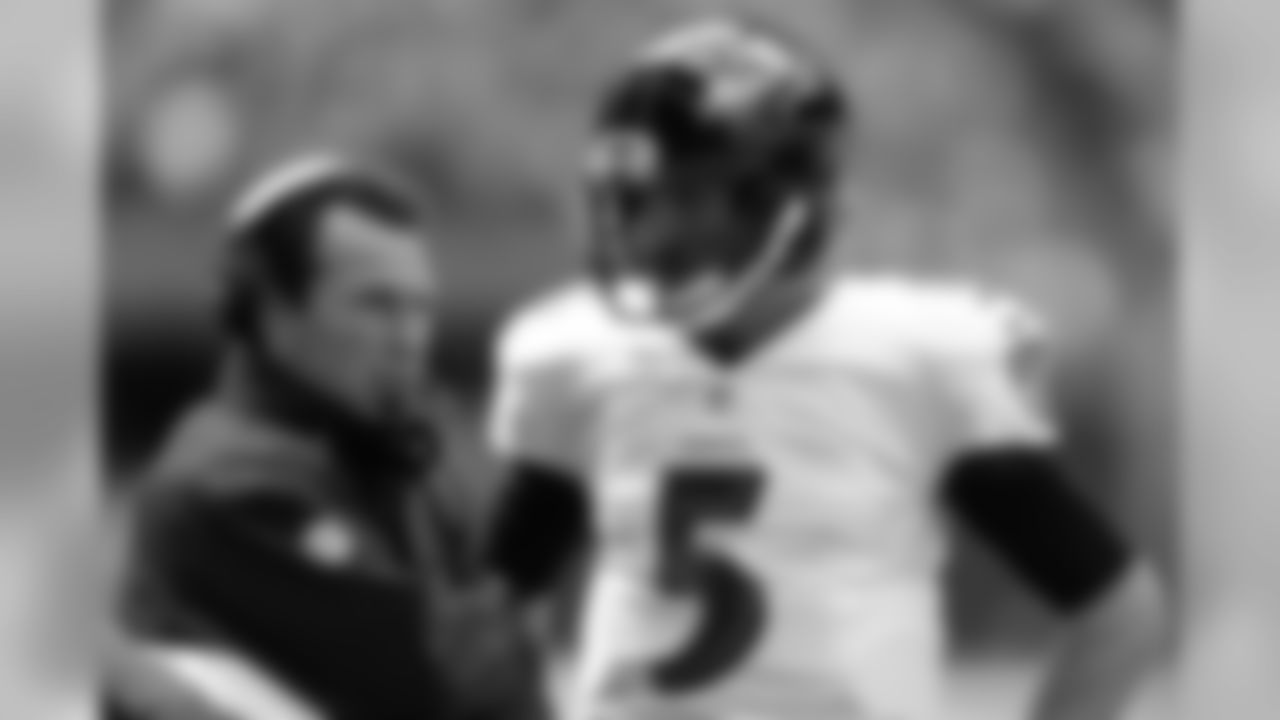
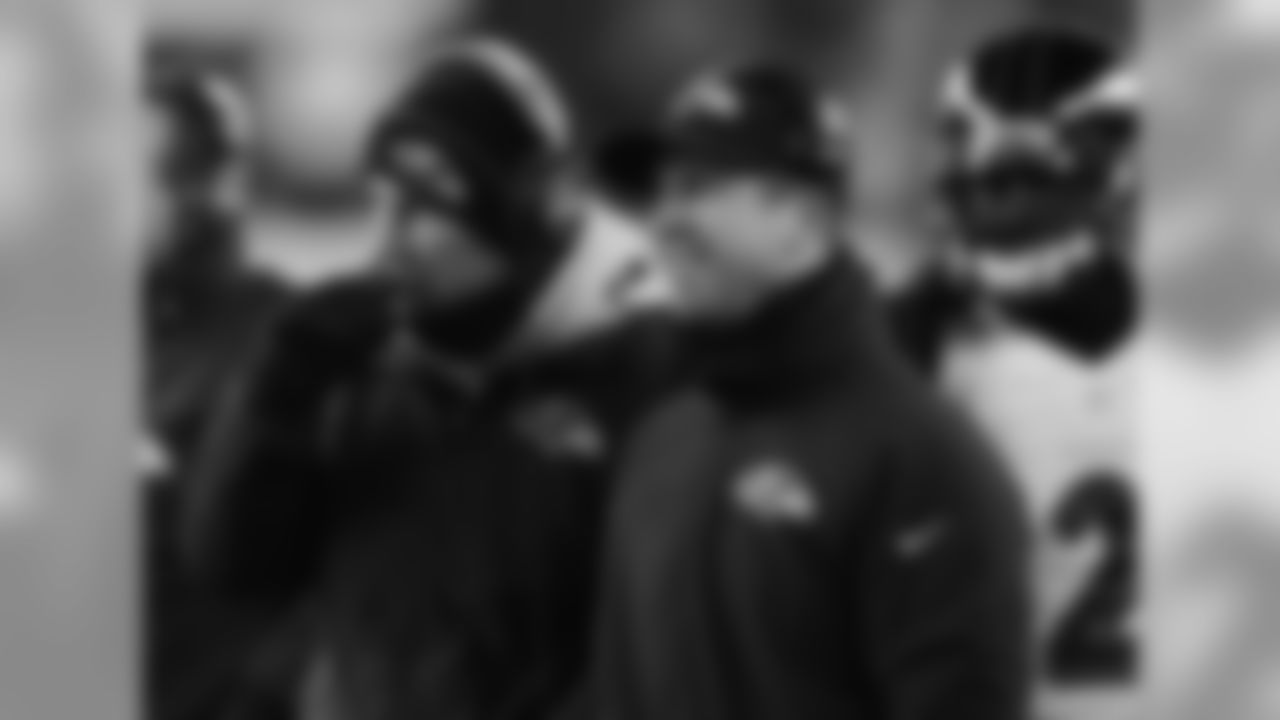
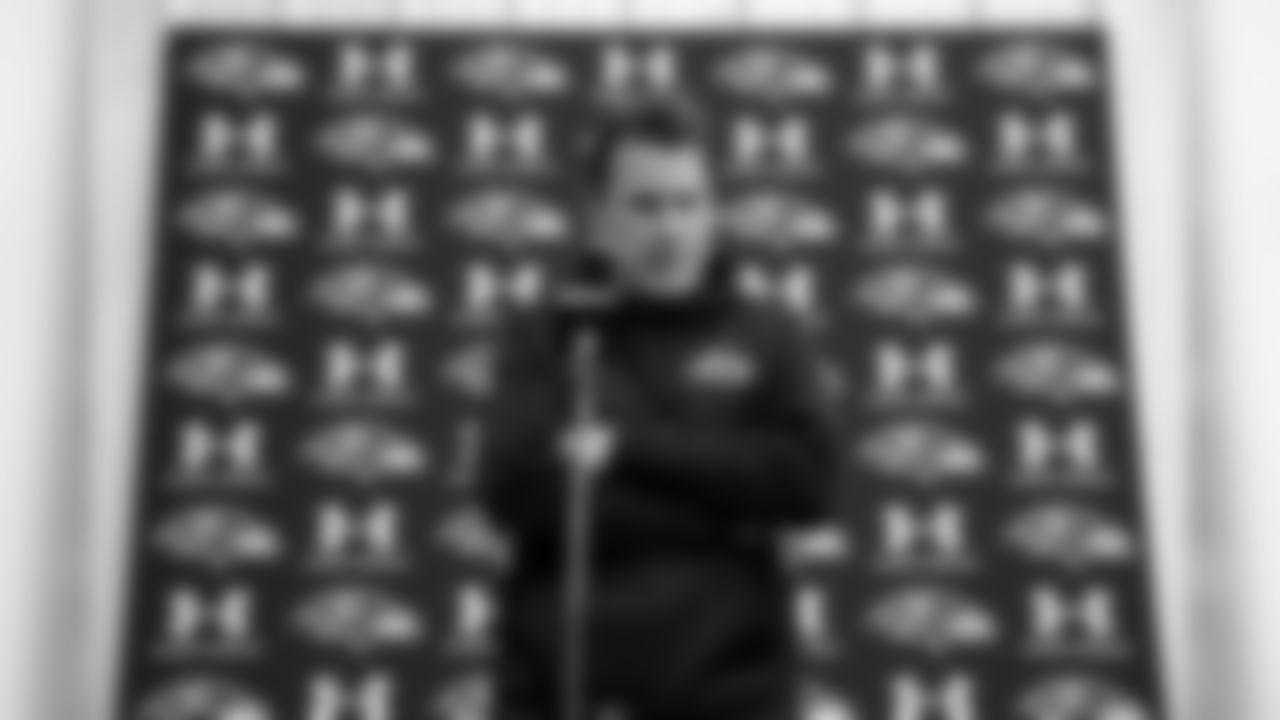
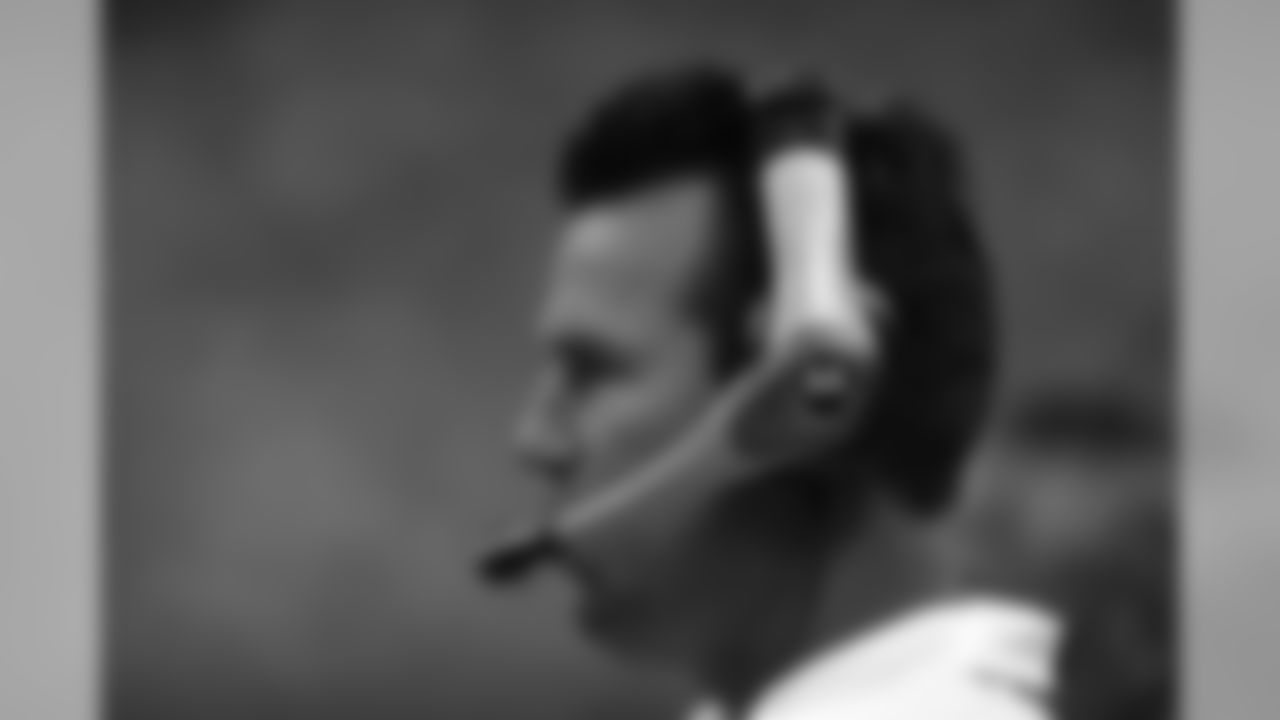
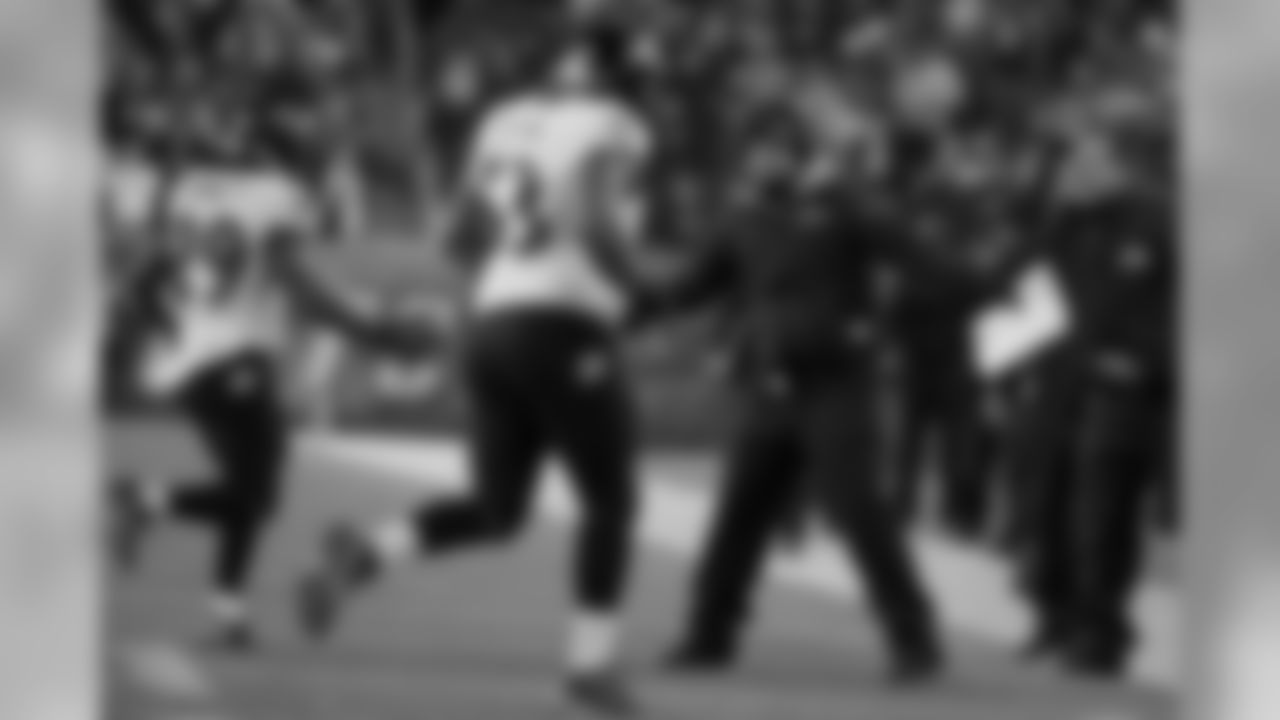
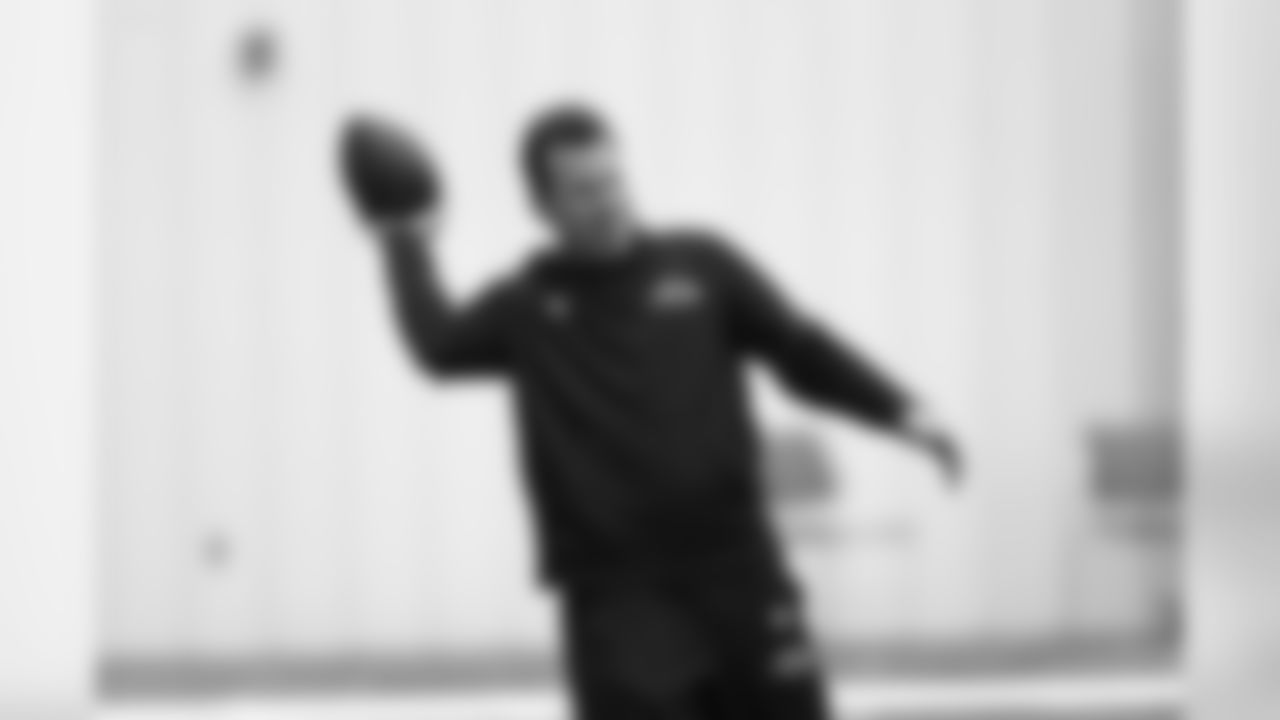

Whether their union will result in the Broncos' first world title since January 1999 is unknown. But almost as vital as that task is the hope is that no season ends like the last one, and that Kubiak will be the difference in ensuring the team advances farther in the postseason -- just like when he fielded a low snap to ensure that David Treadwell hit a game-winning field goal in the 1991 divisional round.
"That effort that happened last Sunday against the Colts? I'm not sure that ever happens with Gary Kubiak as a coach," said Joel Dreessen, who played five seasons under Kubiak in Houston before joining the Broncos for the 2012-13 campaigns under then-coach John Fox.
Why? Because, Dreessen said, Kubiak taps into players' emotions.
"One of the reasons is because, in Saturday night meetings, everybody was on the edge of their seat waiting for him to talk. Everyone in the room has chills under their arms -- I'm talking about coaches and players alike," Dreessen said. "He gave very inspirational talks. But it's not a whole lot of rah-rah stuff. It's genuine confidence-building talks that he'd give us. Basically we'd all leave those team meetings on Saturday night ready to run through a wall for the guy."
In once instance, Kubiak's words helped snap the Texans out of a four-game funk and toward a four-game winning streak that pushed the club to its first winning season in 2009 that validated the steady building process Kubiak oversaw.
"He was very honest with the team," Dreessen recalled. "I remember, it was the night before we played the Seattle Seahawks. It was like, 'Look, we've got to right the ship, guys. We've got to do this. We're all in this together. We're all tied at the hip, because I'm the head coach, and I chose every one of you,' and he's talking about players and coaches.
"There was never a coach-and-player distinction. It was always, 'We're in this together,' and he always gave you the feeling that all of your efforts on Sunday and in the work week were collective. It wasn't like, 'Hey, if you don't play well, you're getting cut,' it was never like that."
When it comes to motivating players, Kubiak is a major-league hurler with multiple out pitches. The best coaches are; they adapt their approach to the individual player and situation. If the player needs -- and can improve from -- a verbal evisceration, Kubiak can deal it. If he needs a reassuring arm around the shoulder, Kubiak delivers that, too.
It's a line that few can walk. For most of his eight seasons in Houston, Kubiak did so effectively. He built from the rubble of Houston's first failed attempt at franchise-building, transforming a wrecked team into one that earned consecutive division titles in 2011 and 2012.
Kubiak's task could scarcely be more different here.
Instead of a team that finished 2-14, boasted just one Pro Bowler and possessed a quarterback with shattered confidence from years of physical pummeling, Kubiak inherits a club that saw 10 players earn Pro Bowl nods, eight of whom are under contract for 2015, and has won 38 regular-season games in the last three years. Only a Vince Lombardi Trophy is missing from the Broncos' recent accomplishments.
This creates a unique situation for a new head coach. Most hires have some rebuilding to do -- or, in Kubiak's case with Houston, simply building. But if Peyton Manning comes back for a fourth Broncos season and remains healthy and among the league's best quarterbacks, then it might not be until next January or early February before Kubiak's first season can be called a success. If Manning does not, then Kubiak will call upon a past that saw him guide mutliple quarterbacks to Pro Bowl selections: Brian Griese, Jake Plummer, Matt Schaub and, of course, Elway.
There are plenty of players to re-sign and a few holes on the roster in need of patching up, but, by and large, this is a team blessed with talent. Kubiak's process in Houston was deliberate, reflecting the long road back from 2-14. In Denver, he's asked to win now -- and as Elway says, "from now on" -- and win big.
It's a challenge. But it's an attractive one, given the talent on hand.
Kubiak's learning has never stopped, from his three championship years on the staffs of the 49ers and Broncos, as well as eight seasons as a head coach and one year as Baltimore's offensive coordinator. His abilities as an offensive tactician elicit deep respect league-wide, and were underscored last year in Baltimore, when he mentored Joe Flacco to his best season and overcame the absence of Ray Rice by extracting a Pro Bowl campaign from the once-discarded Justin Forsett.
"While there is no question he is a Bronco, what Gary has learned from his other opportunities around the league -- especially in his eight seasons as a head coach -- will tremendously benefit our organization," Elway said.
If Kubiak can apply his lessons of the past with his motivational instincts to push the Broncos over the top, then he will join coaches like Bill Belichick, Pete Carroll and Tom Coughlin -- men who won Lombardi Trophies and were more successful in their second head-coaching spot than their first.
After constructing a team that got the Broncos back to the league's elite class, Elway got the coach who checked off all the items on his list. Now it's up to Kubiak to finish the job.
Do you have a question for Andrew Mason? Ask it here and you might be in this week's Mailbag!





